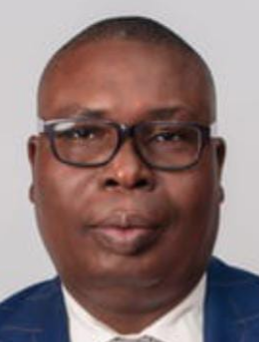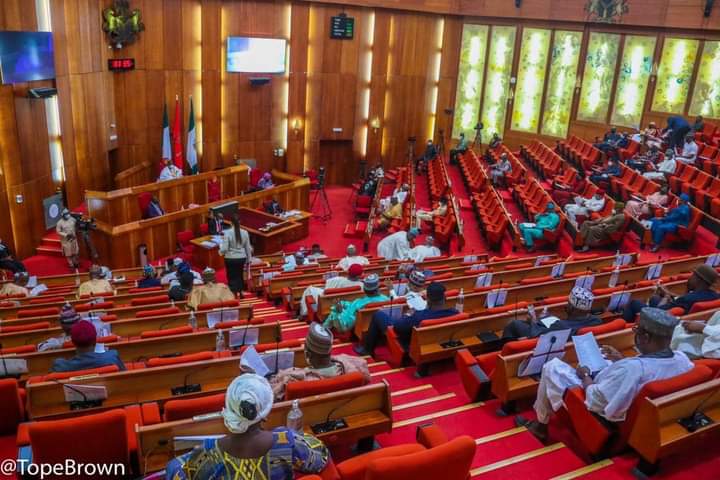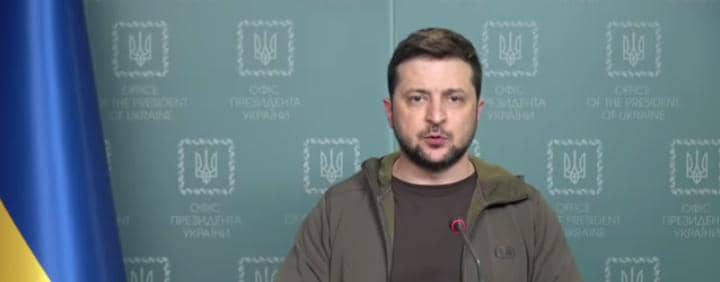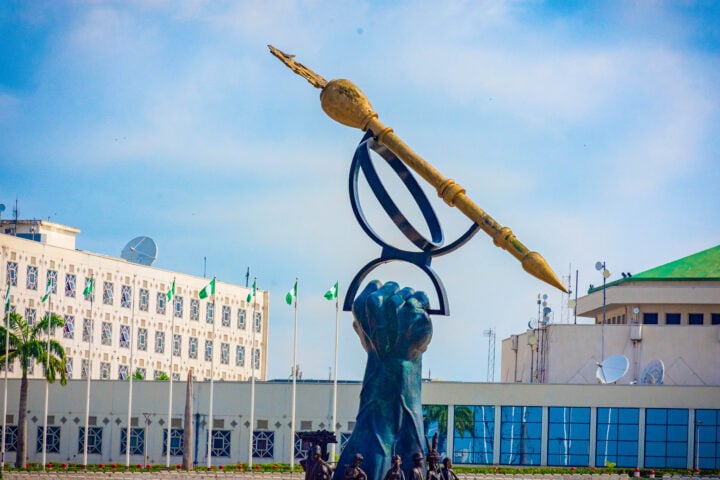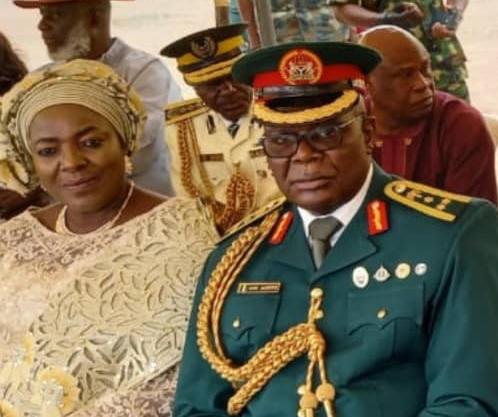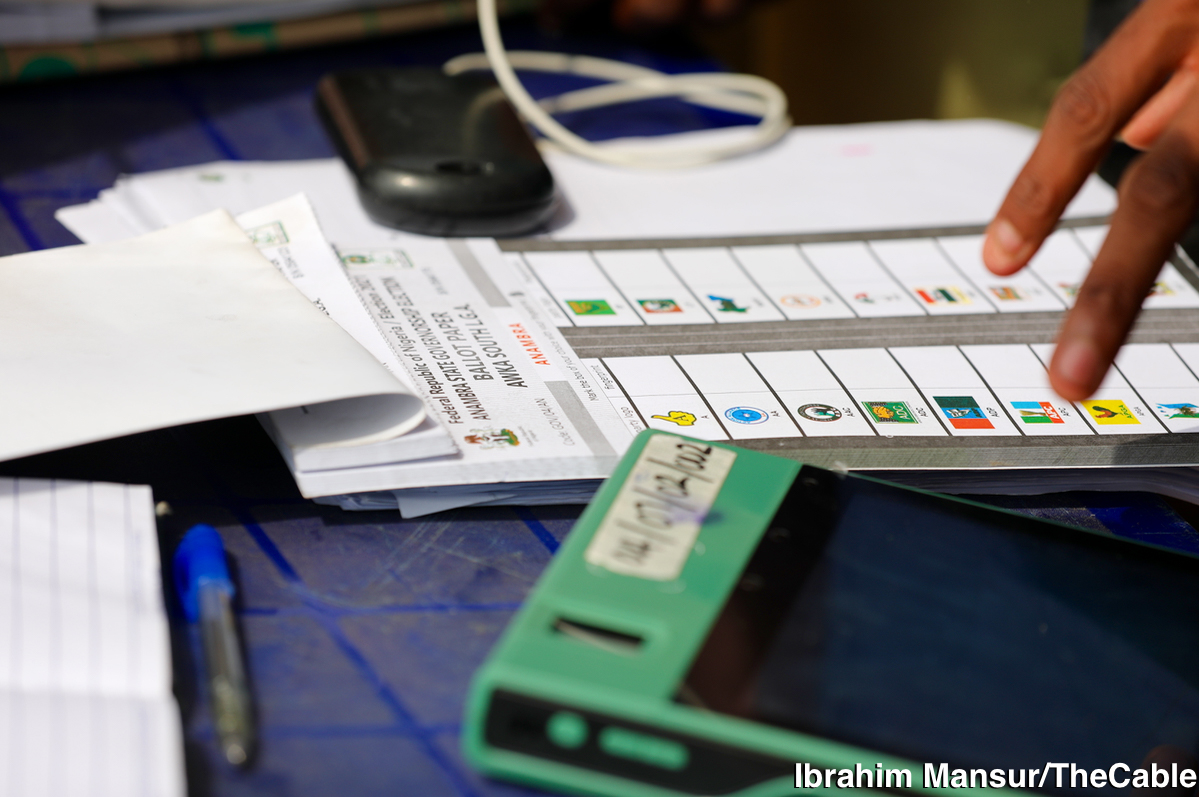The Nigerian constitution means many things to many people. To some, it doesn’t exist at all. This category of people sees Nigeria as a country without a constitution. They argue that since the collapse of the first republic in 1966, Nigeria has never had the privilege of going through any true constitution drafting process. They also posit that Nigeria has never been governed by any constitution that is drafted and owned by the people since the military overtook the civilian government in 1966.
To some other folks, what is called the constitution of Nigeria today is a big fraud. They assert that instead of calling it the constitution of Nigeria, it should be called Abdusalam Abubakar’s constitution. They argue that the document was a military decree transformed overnight into a constitution. They submit that the endorsement of “we the people” inserted into the opening page was fraudulently done since the people were neither consulted nor regarded in the formation process of the constitution. This category of Nigerians argues that the only thing the constitution is good for is to be discarded into the dustbin of history.
The third group believes that the document produced by the military regime of Abdusalam Abubakar and handed over to the fourth republic born on May 29, 1999, indeed qualifies to be called a constitution. They argue that no constitution is perfect and canvass for the amendment of any areas of concern in the constitution whenever the need arises. Leading in this group is the government of the day represented by the executive and the legislative arms of government.
It was in the spirit of this position that the national assembly in the early days of March 2022 voted on the various items pushed forward for considerations by thousands of Nigerians who participated in the constitutional amendments hearing exercises carried out nationwide by the 9th assembly.
Advertisement
It is to this window of constitutional amendment that many Nigerians who have issues to grind with the constitution have looked
with delicate hope until the early days of March 2022. Some of these Nigerians who were expecting to sing a new song after the constitutional amendment had their hopes terribly dashed. The people of federal capital territory – the indigenes, in particular, are prominent amongst the people in this category.
The FCT indigenous people and many of the residents had been hopeful that their submissions to the constitution review committee that sat in Minna, the capital of Niger state, will be overwhelmingly approved by the lawmakers and get passed into law.
During the constitution amendments voting at the floor of the national assembly, only three of the myriads of issues submitted in the memorandum for the federal capital territory made the list of issues to be voted on. The considered issues were listed as numbers 60, 61 and 62 respectively. They are:
Advertisement
60. Request for creation of Office of the Mayor for FCT. The issue was rejected.
61. Appointment of an FCT minister from the FCT. The issue was rejected.
62. Bill to correct the error in the definition of the boundary of the federal capital territory, Abuja. The issue was passed.
Out of the three FCT issues that got picked for voting, two of the issues related directly to the conditions of the people of FCT and the last issue related to boundary adjustment. The two that related directly to the people were rejected. The rejection of those issues follows the entrenched pattern of showing minimum concern and paying scant attention to the issues that affect the citizens of the federal capital territory, the quality of leadership in the territory and the quality of life of the residents many of whom are the original inhabitants.
Advertisement
The bill for the creation of the office of the Mayor of FCT and the request for the appointment of a minister from the FCT were carefully put forward to address the low quality of leadership in the FCT and poor quality of representation of the residents in the federal executive council. Both of these critical issues have negatively affected the development of the territory and the injustice meted to the original inhabitants of the territory.
The decision of the national assembly members to reject the request for the creation of the Mayor’s office might have stemmed from the fact that the local government system known as area councils already exists in the FCT and the duties of a Mayor and a local government chairman quite look similar. A thorough assessment of the current area council system would have however shown them how the system has contributed significantly to the challenge of arrested development that has been the lot of the territory since 1999 when Nigeria returned to democratic rule. A proactive national assembly would have carefully assessed the situation and proposed reforms that will accelerate development in the territory.
The federal capital territory is in a quagmire because of the muddled up administrative structure of the territory. Most of the developed part of the city falls within Abuja Municipal Area Council, but 99% of that is administered by the minister of federal capital territory administration. The Area Council Chairman has neither the resources nor the political leverage to carry out any serious development Projects in these areas known as the City Center and developed part of the city Cadastral Zones A to C. The ministry is highly bureaucratic, lacking in innovation, very corrupt and sluggish with designing, developing or embracing development ideas. As a result, Abuja is fast becoming a city surrounded by urban slums and the city is gradually falling apart. Rethinking the area council system by collapsing it under or fusing it into the mayoral system would have promoted more efficiency in the administration of the territory and enhanced progressive development. But typical of the Nigeria national assembly, taking revolutionary decisions is not their familiar stuff. It was not surprising therefore that they threw away these proposals as they did the diaspora voting bill, women affirmative action and a host of others.
The need for the constitution to provide for the appointment of a minister from the FCT is to promote fairness and equity. The constitution provides in section 14 (3) for the president to appoint a minister from every state of the federation. The same law in section 299 confers the status of a state on the FCT even though it is not regarded as the 37th state of Nigeria. It is fair therefore to appoint a minister from FCT so that the territory can have someone who understands its problems, peculiarities and issues very well and will advocate for solutions to these issues at the right quarters.
Advertisement
The original inhabitants have suffered so much injustice that remains largely unknown to many Nigerians because there is no representative of the territory in the federal executive council and because the national assembly as the only legislative body for the territory has very limited time to discuss FCT issues and legislate on them. Not many Nigerians know that the federal government of Nigeria has not fulfilled its financial obligations to the original inhabitants whose lands were taken over to build a brand new capital city for all Nigerians.
If the vision of the founding fathers of the FCT will be achieved, the issues of deliberately promoting stunted development in the territory through an avoidable error of commission and omission must be urgently addressed.
Advertisement
Osho is a development specialist, change architect, author, communication practitioner and pastor. He was the FCT senatorial candidate of Abundant Nigeria Renewal Party (ANRP) in the 2019 general elections
Advertisement
Views expressed by contributors are strictly personal and not of TheCable.
Add a comment
